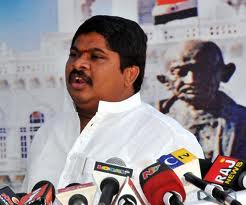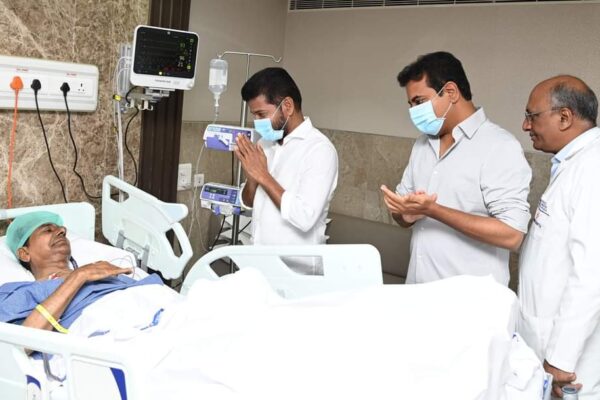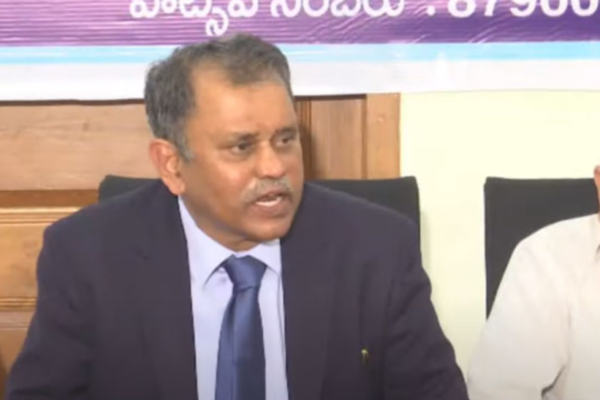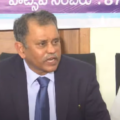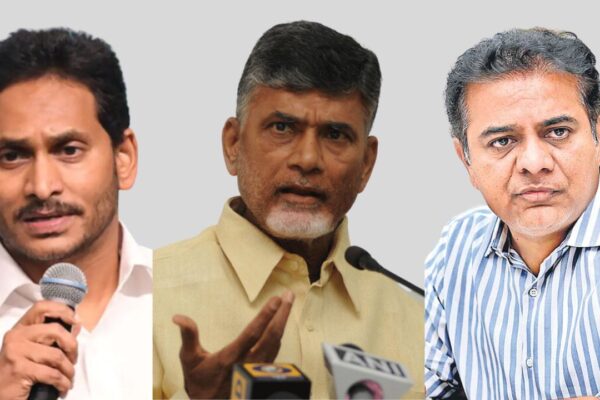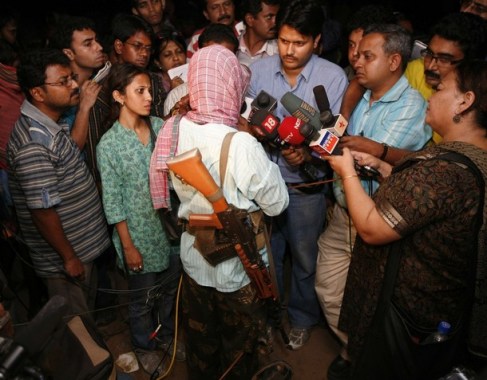
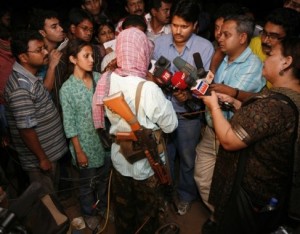
For the electronic media generation, Mallojula Koteswara Rao alias Kishenji was the human face of the underground Maoist movement. The top politburo member of the CPI (ML), who was killed today in an encounter with security forces in Purulia district, emerged as the spokesperson for the banned outfit, frequently giving interviews in secret locations or expressing his opinions on phone to the media.
Though born at Peddapalli in Karimnagar, Kishanji was leading the operations in West Bengal and credited with having expanded the Maoist base in the state. Kishanji was the second in command after Ganapati, and moved around with a 40-member squad.
Kishenji was regarded as the prime reason for Maoists turning into media-centric outfit. Historically, the Maoists have been a tactically conservative force. They preferred to work quietly, expanding their reach and power methodically and patiently.
The new crop of people with different tactical ideas emerged. This new face of Maoism was best personified in Kishenji.
He actively courted media attention- holding numerous press conferences and maintaining regular correspondence with prominent journalists. He demonstrated a flair for the theatrical.
The Maoists’ daring strike on the Eastern Frontier Rifles camp in West Bengal in which 24 paramilitary police were killed was the result of this new approach by Kishenji.
One commentator even said,” Undoubtedly, Kishenji is a brilliant PR man who would, in different circumstances, have had a great career in advertising.”
Variously described as a natural leader, an expert combatant, a skilled gunman, a shrewd tactician and a committed leader, Kishanji was also ruthless in controlling the CPI (ML) organization. Few dared to challenge his authority and those who crossed his path had to leave the party.
The AP-born, West Bengal rebel created a much feared force that became a source of constant destabilizing factor to the then Left Front government. Ironically, Kishenji’s end came not in the Left Front regime, but under Mamta Banerjee’s government which was earlier seen as appeasing the Maoists.

